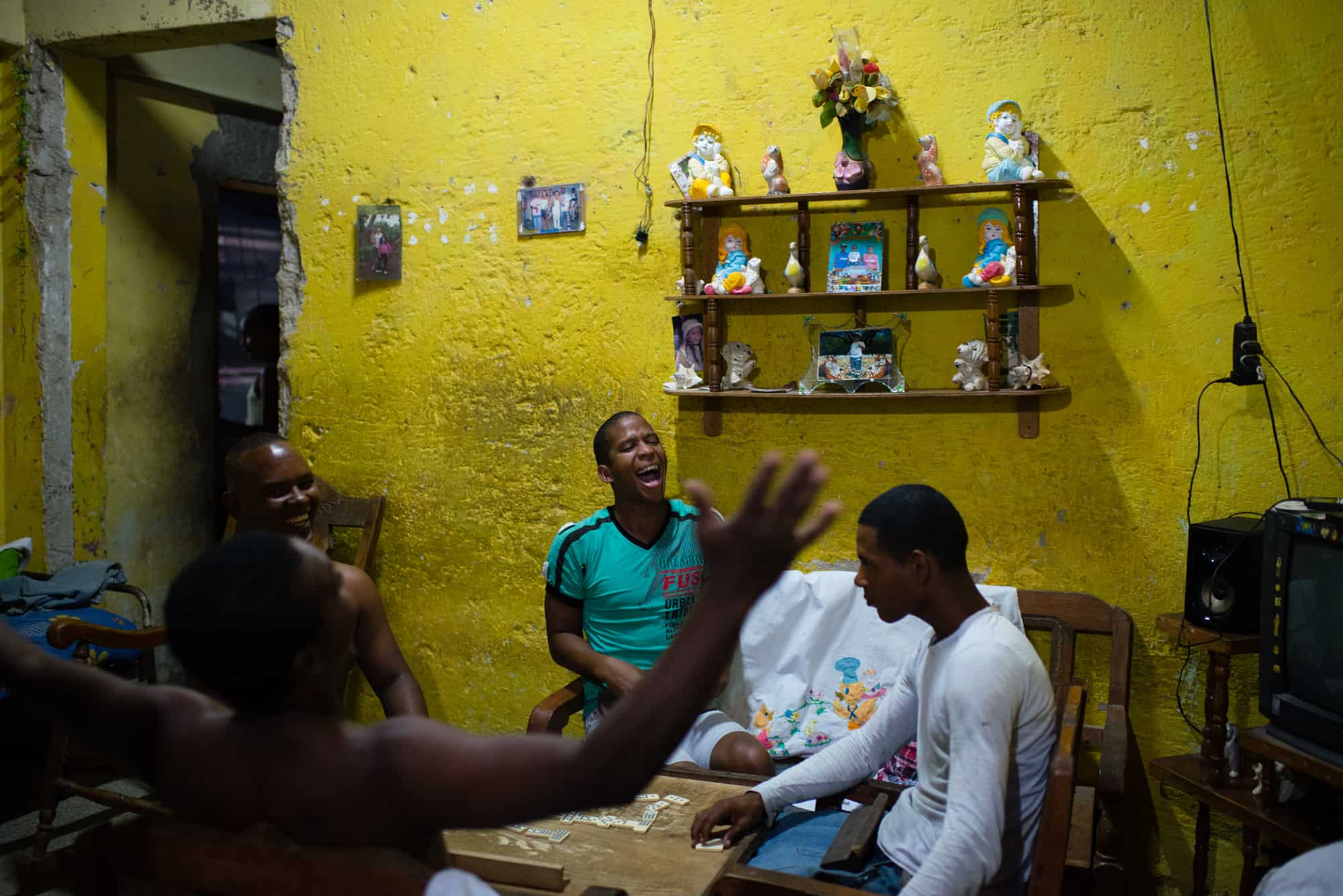I recently read a research paper about how not just being poor, but simply feeling poor relative to your neighbors, makes you poorer, less healthy and less able to cope with the daily problems of life, while of course believing yourself richer automatically increases your chances of rivaling Bill Gates, improves your health and has you not just coping with but eliminating your problems.
There is obviously a great deal of truth in this. Whenever I see a movie with some fat cat swilling Dom Pérignon aboard his multimillion-dollar yacht, I feel positively sick and incapable even of deciding whether to throw up or switch off. And the reverse seems true; walking among the dollar-a-day poor of darkest Africa, I simply can’t help congratulating myself for having chosen the right parents, even though they were on relief half the time.
But, as with all statistics, you have to be careful about drawing conclusions. Partying among the fat cats of Seattle or Mumbai, you will find them hag-ridden, terrified of losing what they have gained and consuming Tums like gumdrops. Yet walking among the desperately poor, always providing there’s no TV set or a movie house within a hundred miles, you will often find them reasonably contented with their lot.
Clearly, then, it is not the amount of change in our pockets, but odious comparison that spoils our day.
I have noticed this particularly in the oil exploration business, where we barge into some undeveloped corner of the globe where everyone knows precisely where he fits in, and it’s up to the elders to look after the problems. We hire someone to operate a bulldozer, train him for the job and pay him (with one eye on the central government) a reasonable salary. But he has a brother, who didn’t get hired because he was out hunting bush meat at the time, so we have a family in which everyone started equal with virtually nothing but now there is one rich and one poor who are not speaking to each other.
Truthfully, this is not how it works in truly primitive societies where gains by one are generally shared by all on a scale administered by the elders. But the simpler model will do to illustrate the point, because the lucky brother inevitably gets to have a bigger say in things than his sibling, and you end up with a social status gradient that didn’t exist before which will eventually destroy the society.
But there may be a flaw in my reasoning, because if the rich keep getting richer and the poor poorer, and given that there are far more poor than rich in the world, the overall wealth of the world must necessarily decline, which is demonstrably not the case. So the true conclusion must be that the rich are getting richer faster than the poor are getting poorer.
I hope this is all quite clear to you, because frankly I am not really convinced. But at least I know which side I want to be on.

